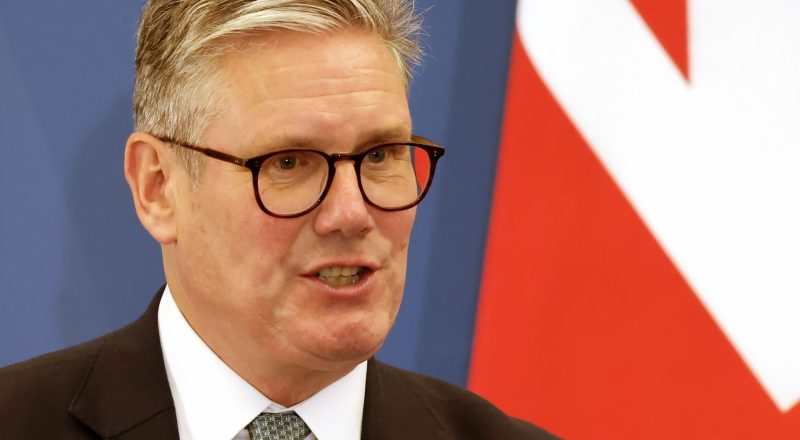SIR Keir Starmer has paved the way for ripping up debt rules to allow more borrowing.
The Prime Minister refused to rule out changes allowing more financial wiggle room to invest in big infrastructure projects.
He said: “There are different theories on economic growth. I’ve always thought it’s important to borrow to invest. That was part of what we said before the election.”
The move could allow an extra £20 billion of Budget headroom by watering down strict borrowing rules – despite national debt due to hit 274 per cent of GDP in 2071.
Chancellor Rachel Reeves has been given political cover for the move by experts who say it’s now time for her to tweak the financial straightjacket.
Former Cabinet Secretary Lord Gus O’Donnell and ex-Tory Minister Lord Jim O’Neill have written an open letter as the Treasury scramble for extra cash.
The leading experts warn that years of under-investment have left the UK stranded in a “vicious circle” of stagnation and decline.
Any such repeat would weaken the economy and even create heightened social and environmental problems, they add.
The group say Reeves may carry on with “mistakes of the past” by sticking to spending plans set out by the last administration hampering a bid for a “decade of national renewal”.
Concerns were raised by the group that the current framework creates an “inbuilt bias” against investment, they wrote in a letter to the Financial Times.
Independent forecasters, the Office of Budget Responsibility, last week said its best case scenario for national debt hitting 274 per cent in 2071 with risks including war, disease and trade tensions could increase it further.
Meanwhile, Ministers have been told to reform the triple lock to ensure public finances are back on a sustainable path, the OECD said yesterday (Mon).
The triple lock boost means the state pension will go up each April in line with the highest of inflationaverage wage increases or 2.5 per cent.


